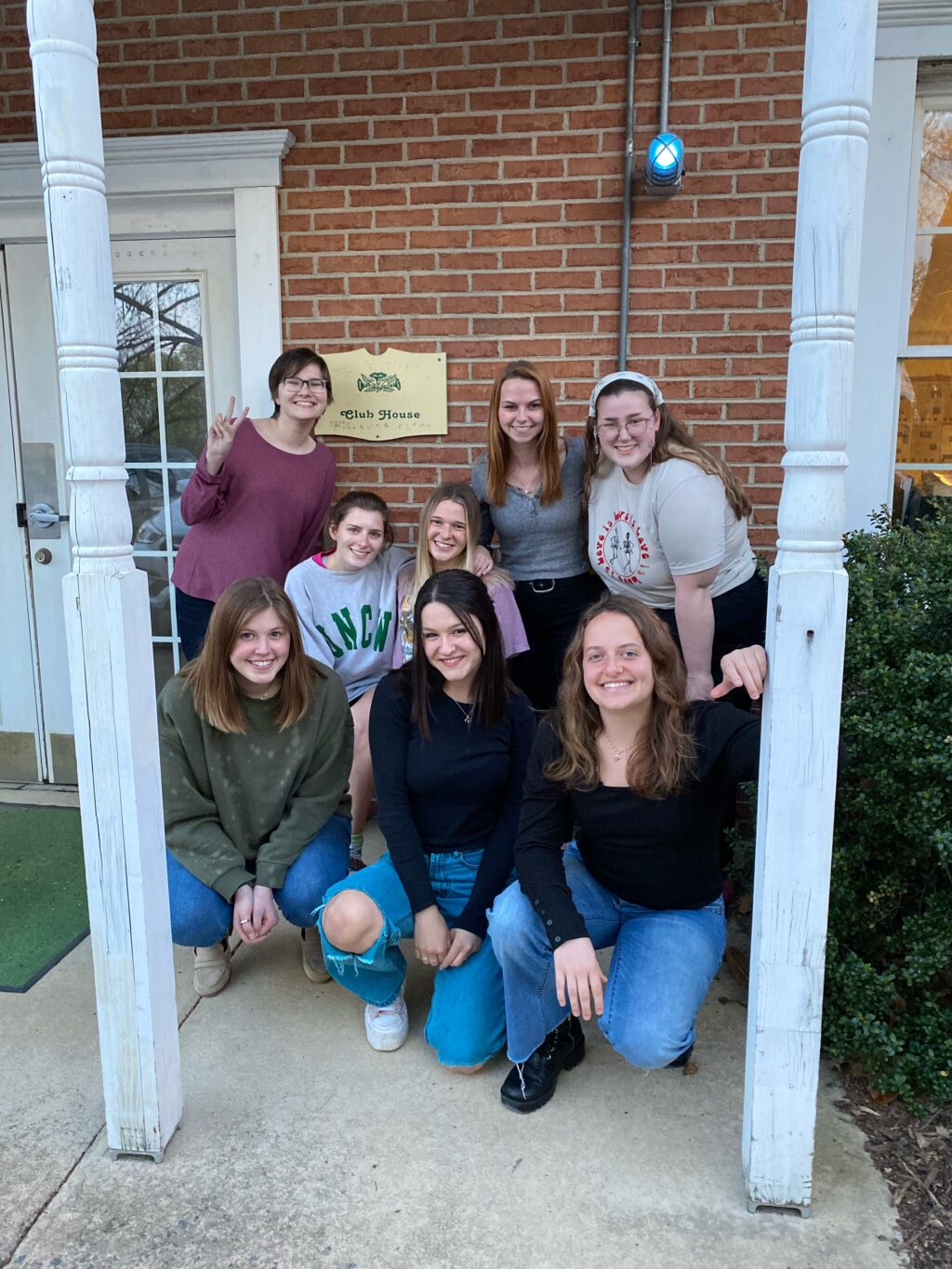Staff Editorial: Student journalism is necessary but often faces censorship and intimidation
4 min read
Student journalism is vital, but it is still being censored. | Callie Harkins, The Weekly Ringer
Throughout history, journalists have been subjected to censorship, persecution and intimidation tactics, all of which are attempts to limit the dissemination of information. As student journalists, we are not exempt from these practices, and each instance only invigorates us to be more dedicated and passionate about our work.
These occurrences are also more frequent and recent than you may believe.
On March 31, student journalists at Northwest High School in Grand Island, Neb. had their newspaper shut down by school administration. The reason? They used writers’ preferred names on their bylines and published several pieces relating to LGBTQ+ issues against the wishes of several administrative figures. Their journalism class no longer exists.
As these students lose their publication—their voice—we push our voice to get louder so their forced silence doesn’t go unnoticed.
Another example can be found at Daniel Pearl Magnet High School in Lake Balboa, Calif., where the student publication, The Pearl Post, faces intimidation for reporting that their teacher-librarian, Greta Enzser, “had refused to comply with the district’s COVID-19 vaccine mandate,” according to the Los Angeles Times. Even though the librarian’s HIPPA complaint was not sustained and the Student Press Law Center said they had the right to keep Enzer’s name in the story, the student paper’s advisor, Adriana Chavira, was suspended for three days without pay for not removing Enzser’s name, according to an article by The Pearl Post. Her suspension started on Sept. 1.
In the face of intimidation and censorship tactics like these, we look to journalists who stand their ground, and we learn from them in our mission to defend the publication of the truth.
As student journalists at the university level, we pay attention to events, opinions and traditions, but we also pay attention to the administration. We are frequently the middlemen between the student body and administrators, relaying what each party said and trying to find the truth, which often lies somewhere in between. It is our responsibility to hold those in power accountable to the best of our ability, and we do not take that role lightly.
But even when we don’t face explicit censorship, we face barriers that significantly hinder our ability to report the truth.
In March, The Weekly Ringer submitted a Freedom of Information Act request to UMW’s university relations, requesting access to the final results of an Office of Student Conduct and Responsibility case involving a physical assault between students from earlier that semester. The university denied us access to these records, citing exemptions from the Code of Virginia Section 2.2-3705.4, the Family Educational Rights and Privacy Act and the “scholastic records” exemption of the Virginia Freedom of Information Act.
However, according to a Weekly Ringer reporter’s meeting with the Student Press Law Center, 20 U.S. Code § 1232g(b)(6)(B) and (C), which discusses family educational and privacy rights, specifies that “nothing in this section shall be construed to prohibit an institution of postsecondary education from disclosing the final results of any disciplinary proceeding conducted by such institution against a student who is an alleged perpetrator of any crime of violence.” According to the U.S. Department of Education, physical assault is a crime of violence.
Nevertheless, The Weekly Ringer has not been granted access to the final results of the Office of Student Conduct and Responsibility case. Without access to disciplinary records, student reporters cannot adequately perform the vital watchdog role of providing accountability—of protecting students.
Being students ourselves, this fight is exhausting and disheartening. But every once in a while, a friend or advisor or interviewee reminds us just how important this work is, and we are once again invigorated.
Just as our time at Mary Washington is short, our time on The Weekly Ringer is, too. By the end of our four years as student journalists and editors, we may find ourselves exhausted, but those who come after us bring fresh eyes, high spirits and a passion for doing the right thing, even when it brings us at odds with the university. The Weekly Ringer’s commitment to uncovering and reporting the truth will outlast our individual four years.
But we can’t do it alone. If you are a student looking to get involved, join our club and write for us or join our editorial staff—we can always use another set of eyes. If you are an administrator, faculty or staff member, advocate for us—we need your support as we work to keep Mary Washington safe, accountable and informed.
This staff editorial was led by Norah Walsh and Jess Kirby.


